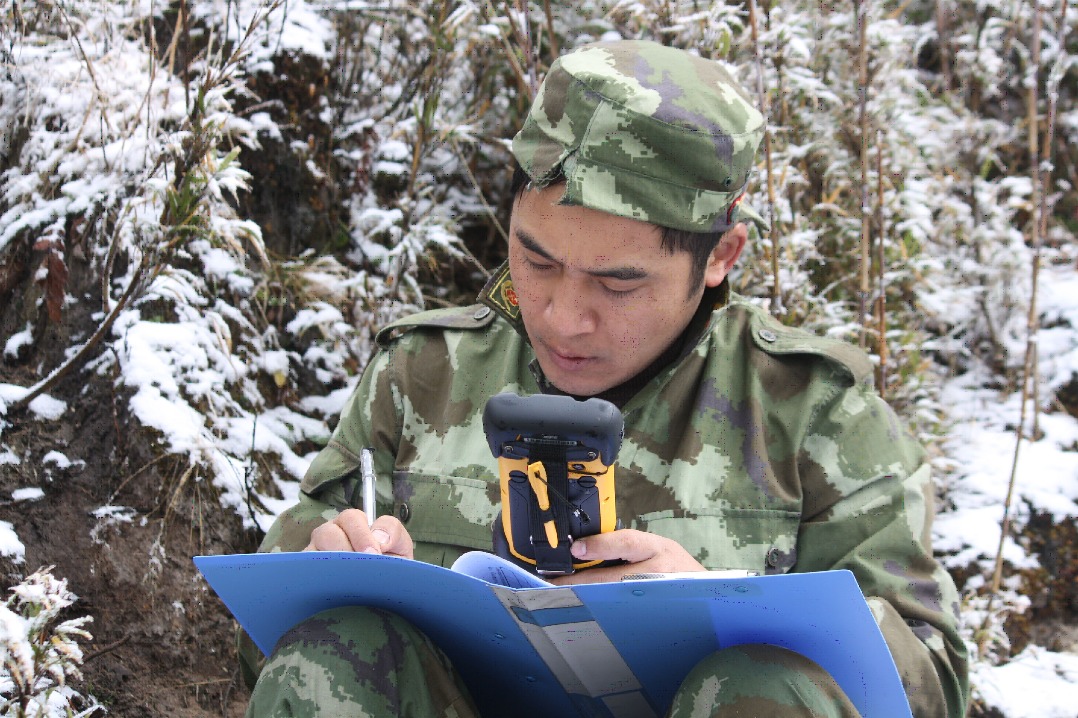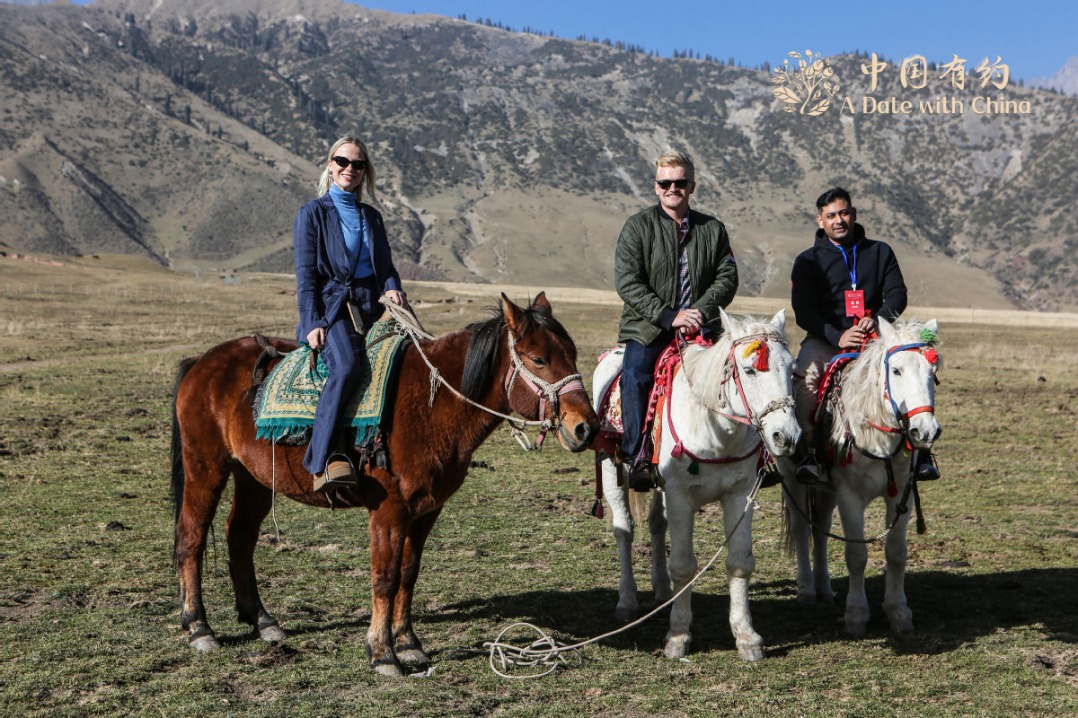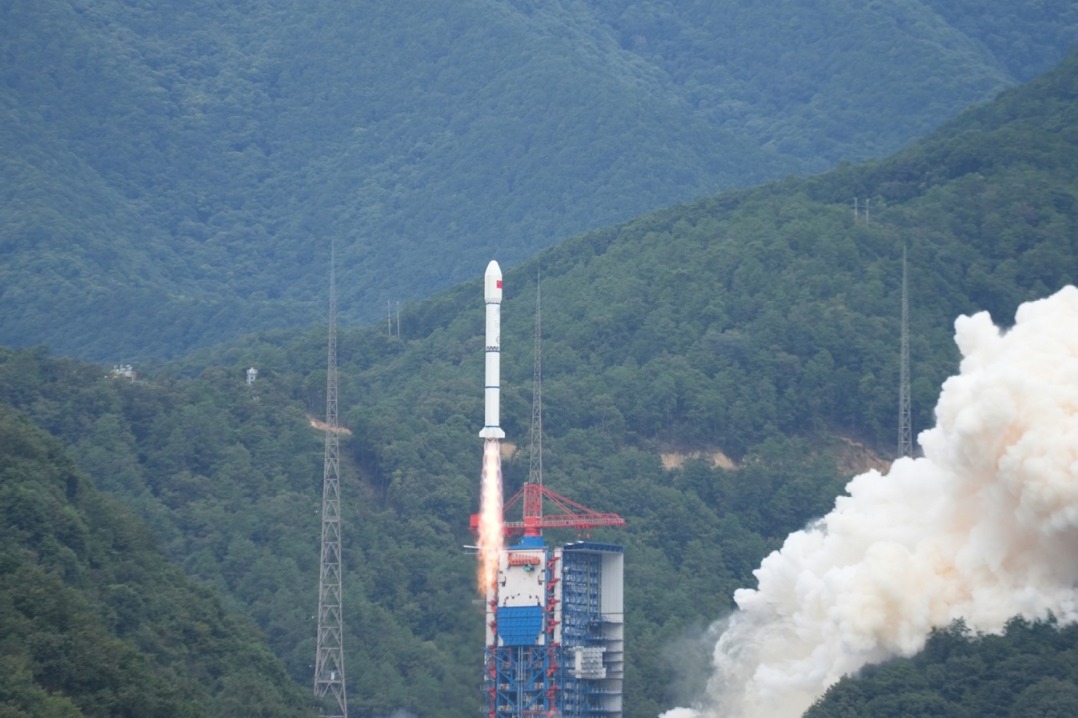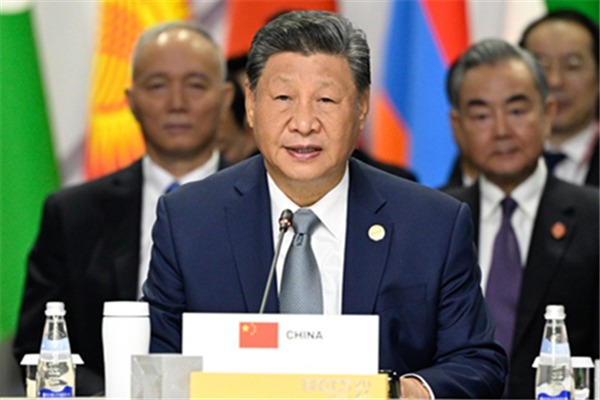Higher education institutes deepen transnational cooperation


Higher education institutes in China and Serbia have deepened cooperation in multiple disciplines in the past year, especially in oral medicine, physical education and the arts.
Since the Serbian Universities Co-office China was established in April last year, it has been the bridge between China and Serbia in higher education exchanges, helping students from both countries have a deeper understanding of each other, said director Wu Zhenzhong.
Though cooperation in the education sector seems not as close as other fields such as the economy and tourism, there's a great demand by universities from both sides for academic and talent exchanges, Wu said.
This month, equipment for dental digital simulation training developed by Beihang University will be donated to the University of Belgrade's School of Dental Medicine.
Developed by the State Key Laboratory of Virtual Reality Technology and Systems, the surgery simulator is mainly utilized for basic curriculum teaching, as well as the training and assessment of surgical training, according to the lab.
"Oral medicine in Serbia holds the leading position in Europe, and our virtual reality technology and equipment will be helpful in training their top dentists," Wu said, adding that the system can help students identify operational deficiencies in a timely manner and improve their skills.
Like a VR game, students are expected to get real-time feedback including the accurate differentiation of skin, tongue and tooth stiffness by using the equipment.
In addition, the University of Belgrade and Beijing Sport University are planning to establish a tennis school and promote training programs for teenagers, Wu said.
With strong performances in sports such as football, basketball and volleyball, as well as iconic tennis star Novak Djokovic, Serbia has rich experience in physical education and sports training.
Beijing Sport University plans to send students to study master's and PhD programs at the Faculty of Sport and Physical Education at the University of Belgrade, while recruiting basketball and volleyball coaches from the faculty, Wu said.
In addition, Shandong University and the University of Novi Sad initiated the Academic Network for Sports of CCHEIC (China-CEEC Higher Education Institutions Consortium) in November, aiming to promote the development of sports science between higher education institutions in China and Central and Eastern Europe countries.
So far, 10 universities from Central and Eastern European countries and 21 Chinese universities have applied to join the network, according to Shandong University.
This year, the first student basketball competition among CCHEIC member countries will be held in Shandong as an event for sports and cultural exchange, it said.
Wu, director of the office, said the number of Chinese students expected to study in Serbia is increasing, especially after English-taught programs from undergraduate to doctoral degrees were launched in the past year.
Meanwhile, the office has been optimizing the international student visa and degree certification process to facilitate the two-way flow of talent, he said.
- Beijing Daxing Airport to launch new international routes
- Parcel volume hits historic peak in China
- Giant panda conservation efforts lead to population growth
- Climate week event kicks off to promote Sino-French coopertation
- BRICS charts path at milestone summit, Xi offers five suggestions
- Former deputy Party chief of Shanxi stands trial for bribery





































